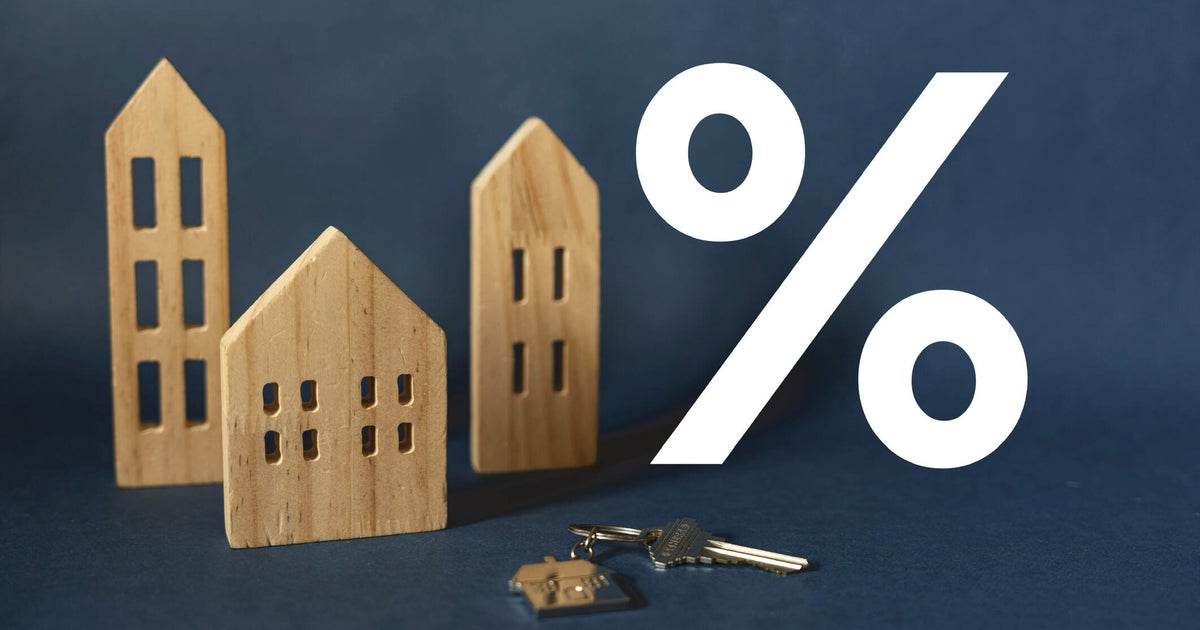Should you get a credit card just for the bonus?
The hottest news in credit cards in 2017 was the stampede of consumers applying for the Chase Sapphire Reserve card, many of them drawn only by its 100,000-point initial bonus. Eventually, that extraordinary incentive was reduced by half, and the hype subsided.
Yet the question the Chase card raises remains: Is it a smart financial move to apply for a card simply to get some extra points? The answer, like many others in the realm of credit cards, isn't a straightforward "yes" or "no."
The idea of applying for a credit card based solely on its bonus isn't new. Credit card churners have been doing it for years. Churners are individuals who frequently open and close reward credit cards to collect miles, points and cash back from welcome offers. In today's market, this is a highly profitable hobby. Reward credit cards are outdoing one another to compete for the business of everyday consumers. Churners are simply taking money that's sitting on the table. While anyone can engage in the same practices, it can't be taken lightly.
Understand the risks
Churning requires some time investment and planning. Even opening a single credit card just to get the bonus can lead to a financial loss if you aren't careful. Churners are typically well versed about these risks, and take great care to avoid them. For example, one needs to be sure of their ability to meet a bonus' requirements. Most cards only give welcome offers to people who manage to charge a certain amount to their card within a few months of account opening. The best cards have you spending $4,000-plus in the span of just three months.
You also need to account for annual fees. The Reserve, for example, charges users $450 per year. Ask yourself, is this something worth paying? Consider the value of what you're getting out of the bonus, and whether it justifies paying the fee. Also ask yourself whether you can afford the payment. Many cards charge the annual fee immediately on your first month's bill. You better have the necessary funds to pay it off, otherwise you may incur interest charges on your first bill.
On top of everything we mentioned above, opening a new account can have consequences on your credit score. The exact mechanics of how that works would require reading through a separate guide. If you are serious about this, we recommend reading through some online resources.
These factors should make it clear that there is a lot you need to consider before hitting that application button. Like churners, you can benefit greatly from grabbing credit card bonuses. However, you shouldn't do it without a proper understanding of the intricacies involved. None of the individual topics are too difficult to understand. You simply have to be willing to invest the time to learn.
Don't get on the bank's bad side
Banks are increasingly cracking down on the practice of churning. While you can probably get away with it once or twice, sustaining it over a long period of time can be difficult. When issuers like Chase put out a big bonus, they are accepting the loss in hopes of winning over a long-term customer who may prove profitable over a long period of time. This is why Chase considers the Reserve a success, despite the fact that it reduced profits by $200-$300 million in the 4Q 2016. If a user closes a card after getting the bonus, they are eating away into the profitability of these products.
American Express has been the issuer with the strictest anti-churning policies. Consumers are only allowed one bonus per card per lifetime. That means you can never get a bonus from the same card more than once. Many churners also buy gift cards or use apps like Venmo to fake having made purchases as a way to meet the aforementioned bonus requirements. The practice is referred to as manufactured spending, and Amex has been cracking down on it. They are freezing accounts and points of people who they suspect earned their bonuses in this way.
To those who aren't careful, manufactured spending carries other risks. Purchases of gift cards or other money-equivalent transactions may register as a cash advance instead of a purchase. Cash advances don't qualify you for bonuses, and charge extremely high fees and interest rates. Those who don't know what works and what doesn't may end up with no bonus and a big bill instead.



